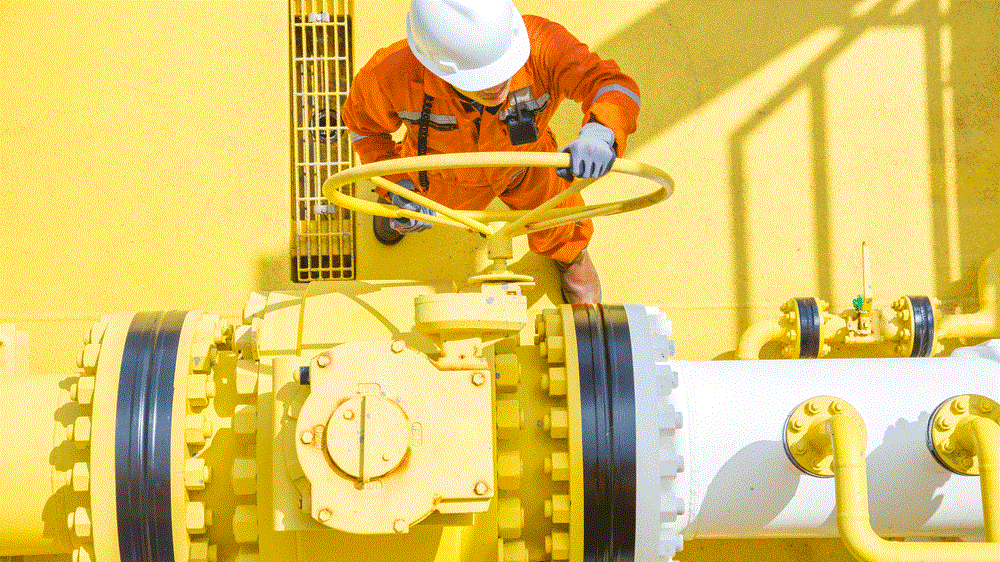The Morocco-focused upstream gas company Sound Energy has completed its acquisition of assets in the North African country that were previously owned by US-based energy company Schlumberger.
UK-based Sound Energy now controls operated working interests of 75% in the Anoual and Greater Tendrara exploration permits in Eastern Morocco and the Tendrara Concession.
How well do you really know your competitors?
Access the most comprehensive Company Profiles on the market, powered by GlobalData. Save hours of research. Gain competitive edge.

Thank you!
Your download email will arrive shortly
Not ready to buy yet? Download a free sample
We are confident about the unique quality of our Company Profiles. However, we want you to make the most beneficial decision for your business, so we offer a free sample that you can download by submitting the below form
By GlobalDataThe Schlumberger subsidiary known as Schlumberger Silk Route Services now has a 27.5% interest in both the exploration permits and the concession.
In a statement, Graham Lyon, executive chairman of Sound Energy, said: “This accretive transaction has now completed and underlines Sound Energy’s position as the leading gas developer in Morocco.
“Following the recently announced gas sales agreement with Afriquia Gaz, Sound Energy is now moving inexorably forward to the final investment decision for its Micro LNG project.”
Energy imports
Despite many years of oil and gas exploration activity, the expansion of hydrocarbon production has proved elusive for Morocco, which today remains the second-largest energy-importing nation in Africa.
With production levels at about 15,000 barrels a day (b/d) of oil, 36,700 b/d of condensates and 9.6 cubic feet a day of natural gas, its output is a trickle that is well short of even domestic energy demand.
Morocco’s considerable oil and gas reserves remain largely untapped primarily due to a lack of either purpose-driven investment by the government or the extension of sufficiently appealing terms in past decades to foreign exploration and production (E&P) companies.
While Rabat has moved to improve the appeal of its energy sector in recent years, the global energy transition has increasingly deterred larger oil and gas firms from risky plays in small markets, and so exploration in Morocco is largely being conducted by smaller, more speculative energy firms.
Among the players that are active in the market, however, there remains considerable optimism.
In the energy market, there is a rising level of activity as the slackening of interest from larger international oil firms and more competitive concession terms from Rabat have provided opportunities for agile operators.
Energy Transition in the Middle East
A major new report from MEED looks at how the global shift away from fossil fuels is reshaping energy policy in the Middle East and North Africa, and its impact on business and project investment.
Learn more about the report here
This article is published by MEED, the world’s leading source of business intelligence about the Middle East. MEED provides exclusive news, data and analysis on the Middle East every day. For access to MEED’s Middle East business intelligence, subscribe here.











Related Company Profiles
Afriquia Gaz SA
Schlumberger Ltd
Sound Energy Plc
MEED
Schlumberger Silk Route Services Ltd